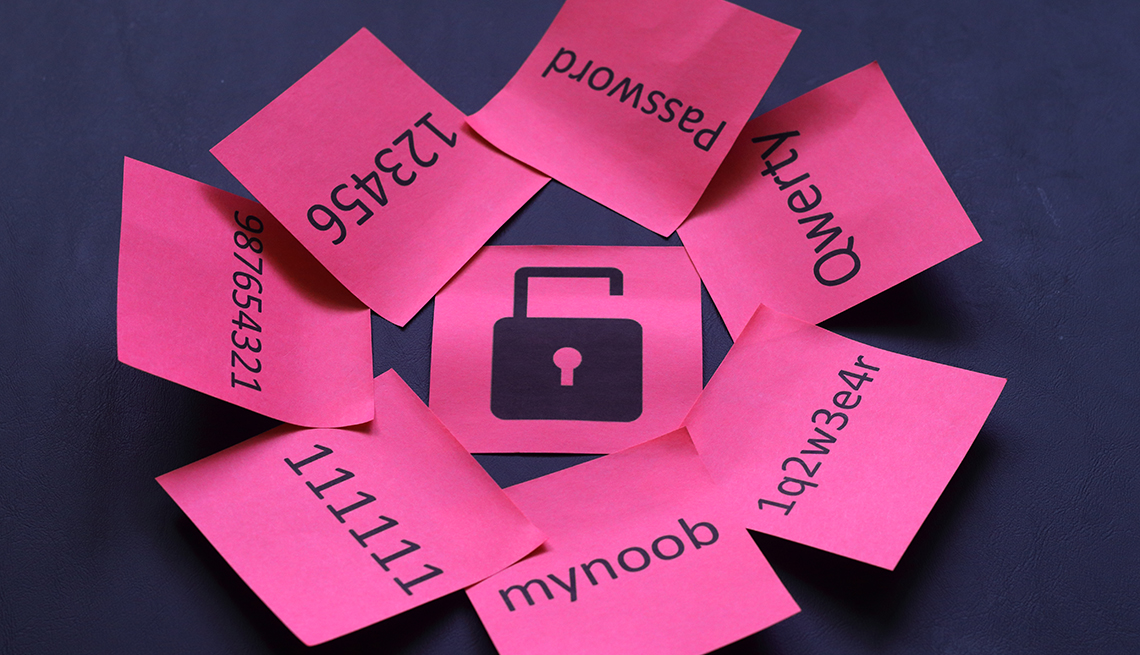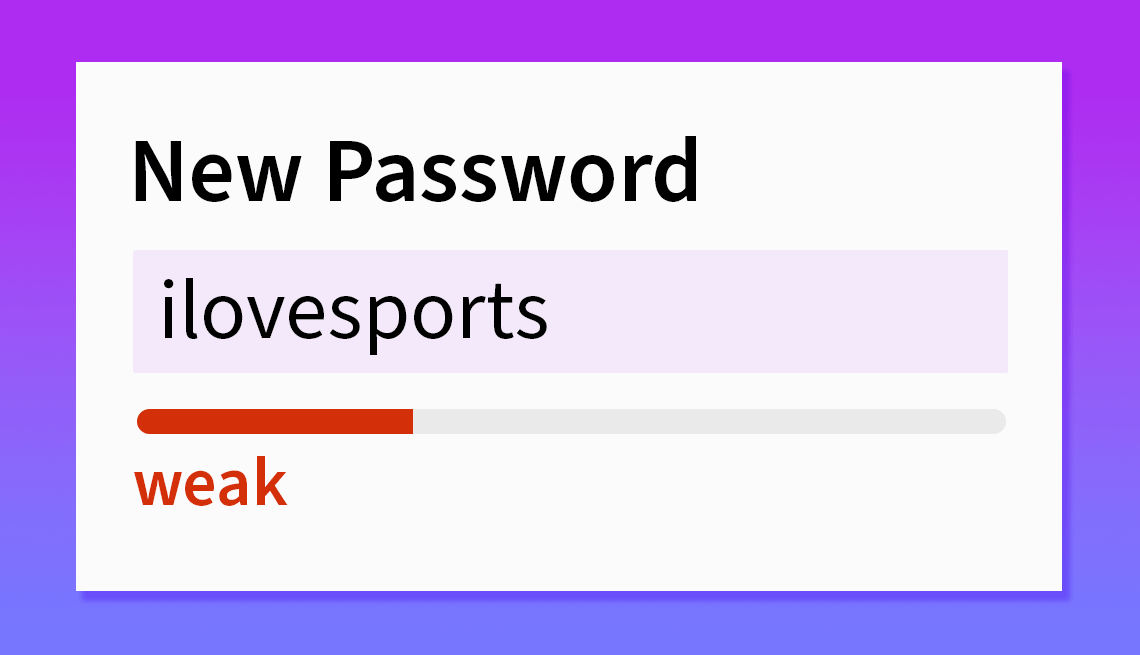AARP Hearing Center
Nearly 1 in 3 Americans say they’ve already been victims of online financial fraud or cybercrime, a recent Wells Fargo poll found. And the threat continues to grow. This year, the cost of cybercrime is expected to soar to $9.5 trillion worldwide, up from an estimated $8 billion in 2023, according to Cybersecurity Ventures, a research firm in Northport, New York.
Unfortunately, many of us end up assisting cybercriminals by using easy-to-crack passwords. We’ll reuse the same passwords over and over, or choose obvious terms like a pet’s or a child’s name (or, worse, something like 1234abcd), instead of taking recommended safety measures such as using passwords at least 12 characters long and a combination of letters, numbers and symbols.
But with the average person having to keep track of dozens of passwords, it’s no wonder that we take shortcuts that can put us at risk of cybercrime.
The good news is that you can solve that dilemma by using a password manager — a software app or browser-based service that stores your passwords securely and will even generate strong passwords for you.
Password security
• How to build a better password
• Members Only: Frustrations
• Using a password manager
• The future of logging in
• Data safety habits to cultivate
A password manager is “an invaluable tool to add complexity and ensure safety to an individual’s security profile,” explains Rahul Mahna, a partner at consulting firm Eisner Amper’s Outsourced IT Services team. “As with any technology, there are gaps that will become apparent at times. However, a password manager is still the best commercially available product for handling user security.”
Use of password managers has surged in recent years, but even so, surveys indicate that only about a third of computer users employ such protection, according to computer security expert Roger A. Grimes, who thinks that the actual percentage is probably even less than that.
Instead, many of us are sticking with low-tech remedies such as writing passwords down on a piece of paper stashed in a drawer, storing them in a document on a computer or relying on memory (good luck with that).
Choosing a password manager
Most commercial password managers come with a subscription fee. LastPass, one of the biggest password manager companies, has monthly consumer plans that start at $3 a month and $4 for families, for example. Other popular brands include Keeper Security, Bitwarden (whose basic plan is free; a premium account with added features is $10 a year), Dashlane and 1Password.
4 steps to take now to keep your data secure
- Use a password manager.
- Use a different password for every website and service.
- Don’t use the same root password, merely adding numbers or symbols to make it different.
- Use passwords that are long and difficult to guess.
There are also free password managers built into browsers from tech giants Apple, Google and Microsoft. Mozilla’s Firefox also offers one. But is it worth paying for the subscription-based services? Many cybersecurity expert say yes. They include Steve Morgan, a cybersecurity researcher and editor in chief of Cybercrime Magazine, who points out that subscription-based managers have useful features, such as “password health check, encrypted cloud storage, support for biometrics” such as facial and fingerprint login. Keeper, for instance, offers a Secure File Storage plan for $9.99 a year (on top of the $34.99 annual subscription) to prevent cybercriminals from accessing sensitive documents, like tax files.







































































